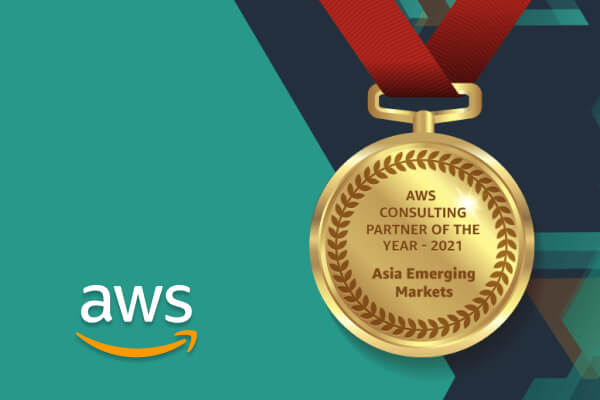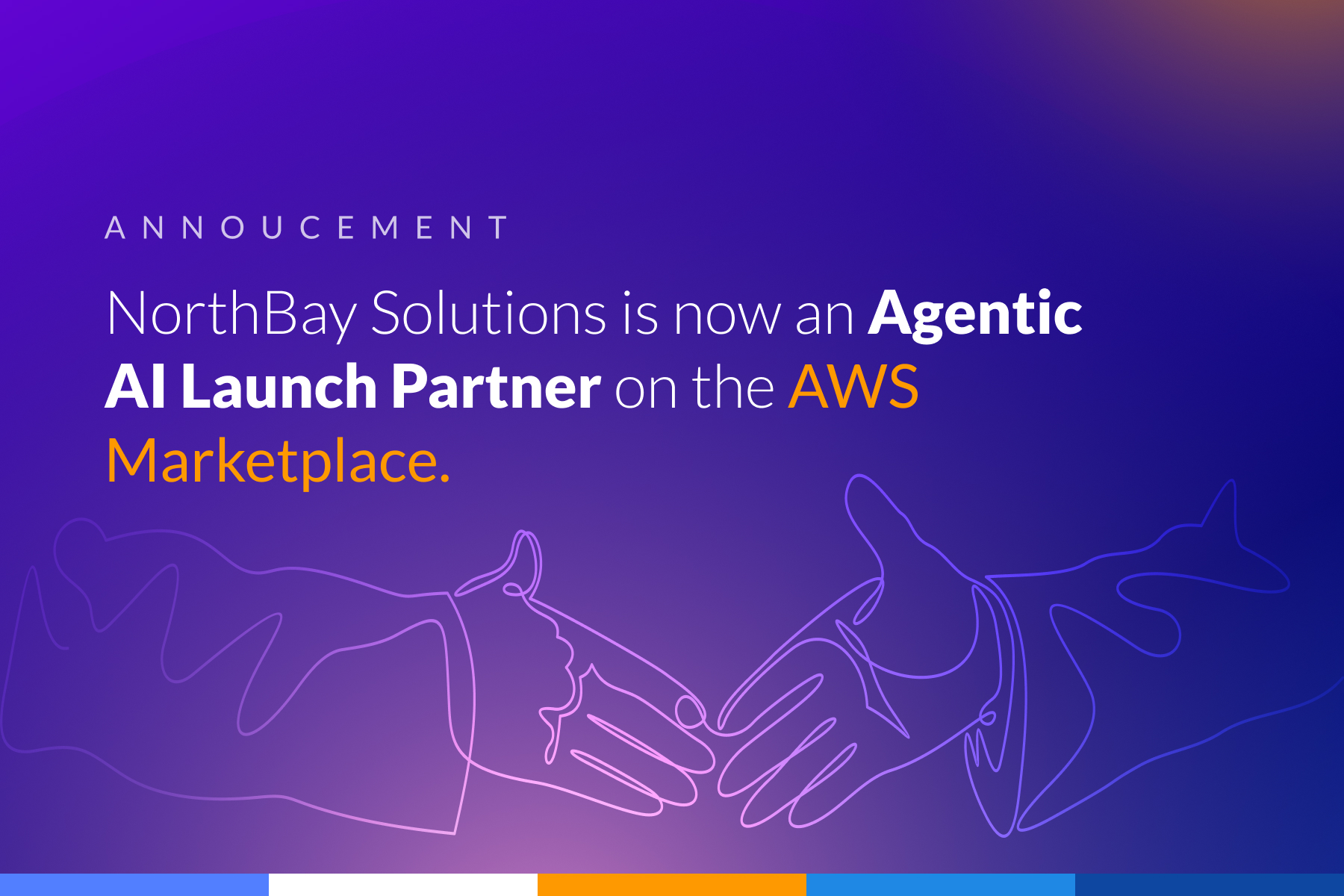
Procurement data management, often seen as a necessary but overlooked function within organizations, can be transformed into a strategic asset that drives significant value. With the increasing availability and affordability of data, procurement can now be used to improve cost savings, mitigate risks, enhance decision-making, improve compliance, and gain a competitive advantage.
The Value of Procurement: By effectively analyzing and interpreting procurement data, organizations can gain valuable insights into their procurement processes and identify areas for improvement.
Cost Savings: Procurement data enables opportunities for price negotiation, bulk purchasing, and consolidation. It also highlights inefficiencies, such as duplicate payments or unauthorized spending, helping reduce waste.
Risk Mitigation: By analyzing procurement data, businesses can monitor supplier performance, identify potential risks, and anticipate supply chain disruptions before they occur.
Informed Decision-Making: Leveraging procurement data allows for better strategic sourcing and supplier selection. It also supports more accurate decisions around contract terms, pricing structures, and payment options.
Enhanced Compliance: Procurement data ensures regulatory and policy compliance by tracking supplier certifications and approvals, safeguarding against non-compliant transactions.
Strategic Advantage: By leveraging procurement data effectively, organizations can gain a competitive edge through optimized procurement processes and identify opportunities for innovation and cost reduction.
Key Considerations for Effective Procurement Data Management
To realize the full potential of procurement data, organizations must implement effective data management practices, including:
- Data Quality: Ensuring data accuracy, completeness, and consistency.
- Data Governance: Establishing clear policies and procedures for data collection, storage, and access.
- Data Analytics: Utilizing advanced tools and techniques to extract meaningful insights from data.
- Integration: Integrating procurement data with other systems (e.g., ERP, CRM) for a holistic view of the business.
Best Practices for Procurement Data Management
Data Cleansing and Standardization: Ensuring data quality through cleaning and standardization processes.
- Data Visualization: Using visual tools to communicate complex data insights effectively.
- Data-Driven KPIs: Developing key performance indicators (KPIs) to track procurement performance and identify areas for improvement.
- Continuous Improvement: Implementing a culture of continuous improvement and data-driven decision-making.
Future Trends in Procurement Data
Several emerging technologies and trends will shape the future of procurement data, including:
- Artificial Intelligence (AI): Leveraging AI for tasks such as contract analysis, supplier risk assessment, and predictive analytics.
- Blockchain: Utilizing blockchain technology to improve supply chain transparency and traceability.
- Internet of Things (IoT): Collecting and analyzing data from IoT sensors to optimize procurement processes and inventory management.
- Advanced Analytics: Employing advanced analytics techniques (e.g., machine learning, deep learning) to uncover hidden patterns and insights in procurement data.
Industries Benefiting from Procurement Data Processing and Analytics
Procurement data processing and analytics can benefit organizations in a wide range of industries, including:
- Manufacturing: Optimizing inventory levels, managing supplier relationships, and identifying cost-saving opportunities.
- Healthcare: Improving supply chain efficiency, reducing drug costs, and ensuring compliance with regulations.
- Retail: Enhancing demand forecasting, optimizing product assortment, and negotiating better terms with suppliers.
- Technology: Managing complex supply chains, ensuring component availability, and controlling costs in a rapidly evolving market.
- Government: Improving public procurement processes, reducing waste, and ensuring transparency and accountability.
Use Cases
To illustrate the practical applications of procurement data, let’s consider a few use cases:
- Retail Giant: A major retailer used procurement data to identify opportunities for consolidation and negotiate better terms with suppliers. This resulted in significant cost savings and improved supply chain efficiency.
- Manufacturing Company: A manufacturing company used procurement data to analyze supplier performance and identify areas for improvement. By working with underperforming suppliers to address their issues, the company was able to reduce costs and improve quality.
- Healthcare Provider: A healthcare provider used procurement data to identify opportunities for drug cost reduction. By analyzing spending patterns and negotiating better prices with pharmaceutical companies, the provider was able to save millions of dollars.
Conclusion
Procurement data is a valuable asset that can drive significant value for organizations. By effectively leveraging procurement data, organizations can improve cost savings, mitigate risks, enhance decision-making, improve compliance, and gain a competitive advantage. To realize the full potential of procurement data, organizations must implement effective data management practices and embrace emerging technologies and trends.
Ready to take your business to the next level? Contact NorthBay Solutions today for a consultation and learn how Procurement Data Management can help drive your business forward.
About NorthBay Solutions
NorthBay Solutions is a leading provider of cutting-edge technology solutions, specializing in Agentic AI, Generative AI MSP, Generative AI, Cloud Migration, ML/AI, Data Lakes and Analytics, and Managed Services. As an AWS Premier Partner, we leverage the power of the cloud to deliver innovative and scalable solutions to clients across various industries, including Healthcare, Fintech, Logistics, Manufacturing, Retail, and Education.
Our commitment to AWS extends to our partnerships with industry-leading companies like CloudRail-IIOT, RiverMeadow, and Snowflake. These collaborations enable us to offer comprehensive and tailored solutions that seamlessly integrate with AWS services, providing our clients with the best possible value and flexibility.
With a global footprint spanning the NAMER (US & Canada), MEA (Kuwait, Qatar, UAE, KSA & Africa), Turkey, APAC (including Indonesia, Singapore, and Hong Kong), NorthBay Solutions is committed to providing exceptional service and support to businesses worldwide.





